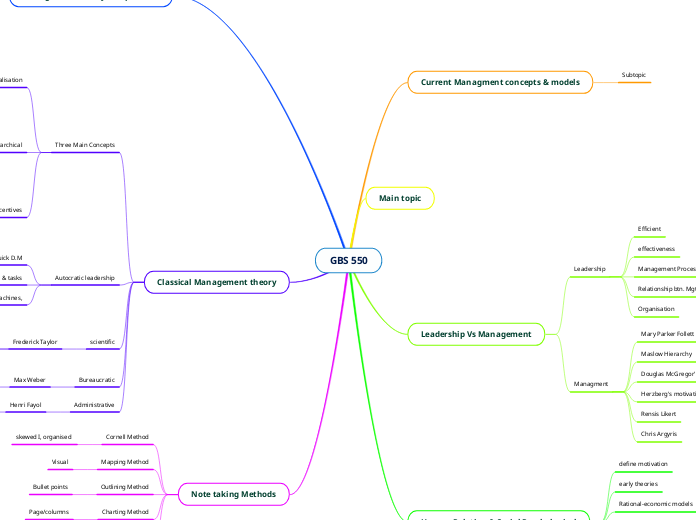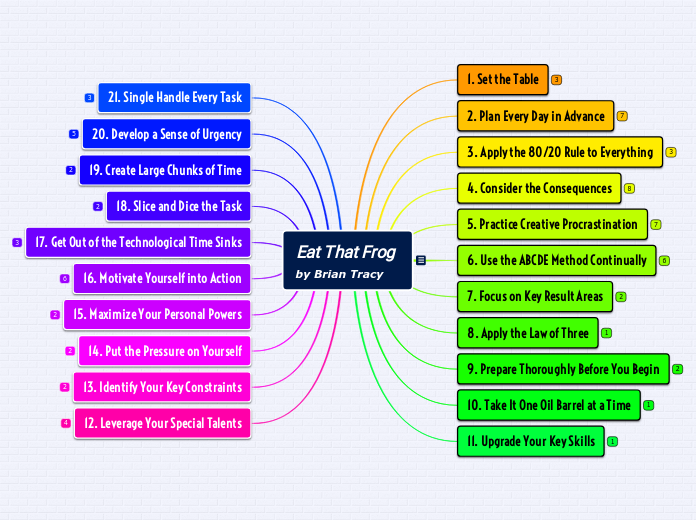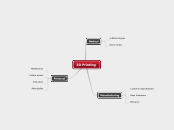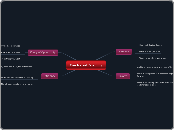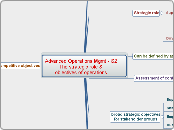GBS 550
Note taking Methods
Sentence method
Jotting point
Charting Method
Page/columns
Outlining Method
Bullet points
Mapping Method
Visual
Cornell Method
skewed I, organised
Classical Management theory
Administrative
Henri Fayol
guidelines, 14 principles
Bureaucratic
Max Weber
specialisation,
scientific
Frederick Taylor
methodology, recruitment, uses methods, responsibility
4 principles
Autocratic leadership
flaws; no creativity, workers=machines,
Strength, clear roles & tasks
single leader, quick D.M
Three Main Concepts
Incentives
efficiency, profit
Higher Incentives, high productivity
Rewards, financial
Hierarchical
Supervisors- day to day
Middle Mgt - Overseeing Supervisor
Owners, BoD- objectives
Specialisation
higher Productivity
Eliminate multi tasking
assembly line
Human Relation & Social Psychological
complex model
self-actualizing model
social model
Rational-economic models
early theories
define motivation
Leadership Vs Management
Managment
Chris Argyris
Rensis Likert
Herzberg's motivation-Hygiene theory
Douglas McGregor's
Maslow Hierarchy
Mary Parker Follett
Leadership
Organisation
Relationship btn. Mgt & Leadership
Management Process
effectiveness
Efficient
Main topic
Current Managment concepts & models
Subtopic
Management Theory and practice
